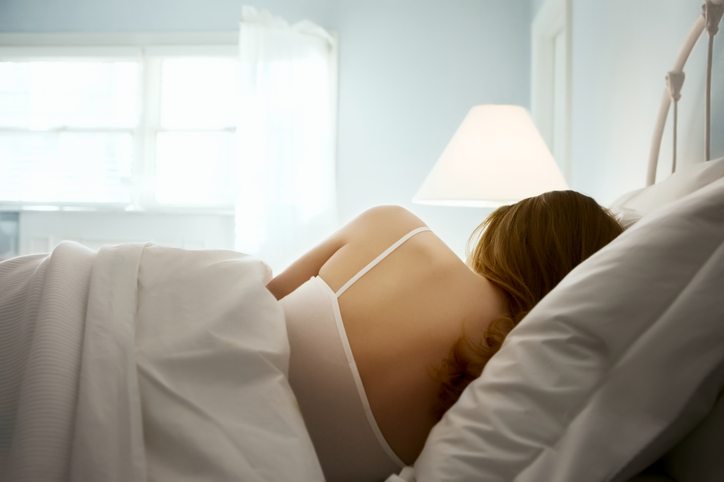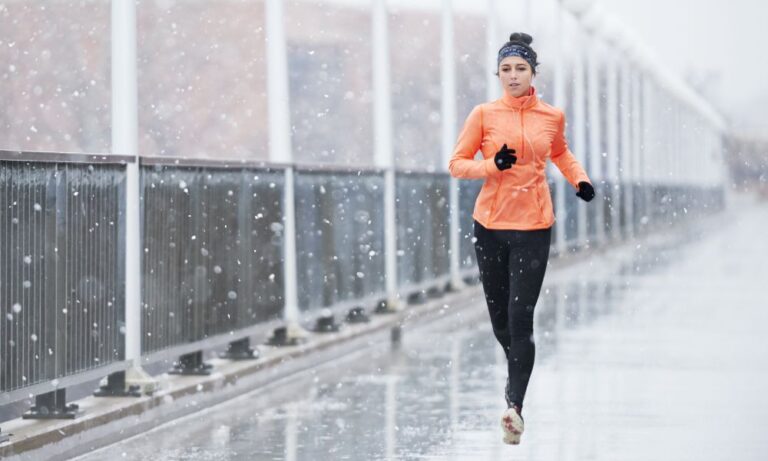In a study published in research journal Sleep, scientists have conducted ‘real life’ tests on willing subjects – all in the name of sleep.
164 people were fitted with trackers that monitored their sleep for a week. After the week was over, the participants returned to the lab where they were asked to use a simple nasal spray. This however, wasn’t your normal decongestant, the spray contained a live virus shot.
Afterwards, they were quarantined in a hotel for five days where researchers monitored their symptoms and health.
In order to determine how much sleep was affecting the virus, controlling factors like age, stress, BMI and antibody levels prior to the study, were taken into consideration. Therefore, the amount of sleep participants averaged, was taken as a strong prediction of infection.
The study found that those who averaged six or less hours of sleep a night were four times more likely to experience cold and flu symptoms than those who achieved at least seven hours. The risk of coming down with a cold also increased with less sleep.
What we are seeing then, is that 39% of people who continually experience six or less hours of sleep a night were susceptible to colds, compared to 18% of people who slept more.
Other factors and behaviours may also increase susceptibility, research suggests. For instance, age may play a role, and smoking, chronic stress and low fitness levels can all make us more susceptible.
While the original test was not conducted to test the how sleep affects immunity, it did prove that the two concepts were undeniably interconnected.
However, a new study has also focussed on ‘real world’ tests to determine how sleeplessness affects immunity.
The study, conducted using 11 pairs of identical twins, looked at the difference between immunity levels of each adult. Blood was taken from each twin at different stages, and showed – in every pair – that the twin who had experienced chronic sleep deprivation, had a more depressed immune system.
Participants weren’t observed in a lab, or in a sleep study centre, instead they were observed in their own habitat.
“The results are consistent with studies that show when sleep deprived people are given a vaccine, there is a lower antibody response and if you expose sleep deprived people to a rhinovirus they are more likely to get the virus,” said lead author Dr. Nathaniel Watson, co-director of the UW Medicine Sleep Center at Harbourview Medical Center. “This study provides further evidence of sleep to overall health and well-being particularly to immune health.
Researchers cited data from the Centres for Disease Control, who stated that over the past 100 years, Americans have been sleeping an average of 1.5-2 hours less a night, and about one third of the working population receives less than six hours a night.
“Modern society, with its control of light, omnipresent technology and countless competing interests for time, along with the zeitgeist de-emphasising sleep’s importance, has resulted in the widespread deprioritisation of sleep,” they wrote.







